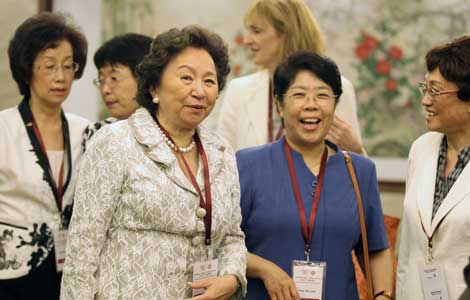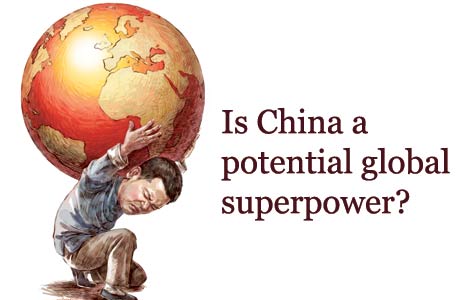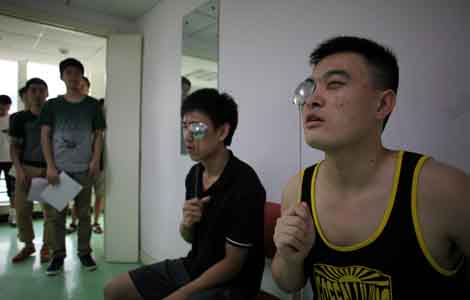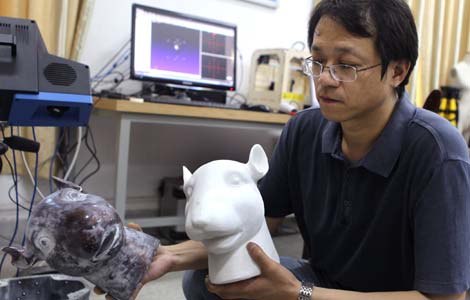Echoes of love from ancient times
Updated: 2013-08-13 20:12
By Ma Lie in Xi'an (chinadaily.com.cn)
|
||||||||
Tuesday marks a traditional day for celebrating love in the Chinese lunar calendar, and for many people in Xi'an, that means a visit to the Beilin Museum, where seven epigraphs carved in stone call to mind love stories from ancient times.
The museum, which is also known as the Forest of Stone Steles Museum, displays a large collection of stone steles, epigraphs and carvings, recording life, philosophy and literature from various dynasties.
Among the exhibits are seven stone objects known as the epitaphs of seven "Mandarin ducks" — animals considered loyal lovers in traditional Chinese culture.
The seven epitaphs date back to the Northern Wei Period (AD 386-557) and tell the love stories of seven couples during that period. Over the past 1,500 years, these stories have been widely circulated and touched many people.
One of them tells of Yuan Ting (AD 493-526) — grandson of Northern Wei Emperor Jing Mu — and the woman who would be Yuan's wife, Mu Yurong (483-519 AD). Mu was quiet well known at the time, and also a very clever woman. Although she was 10 years older than Yuan, he still pursued her and asked her to marry him. She agreed, and was loyal to her husband through thick and thin.
Their story has few twists and turns, at least in the version that has survived the centuries. However, the happy ending and emphasis on loyalty in love and marriage is heart-warming for some.
Two modern-day lovers from Xian, Meng Lin and Yang Jing, visited the museum on Tuesday, and found theses romantic echoes from the past moving.
"The epitaphs interpreted the nature of love and left deep impression to us," said Meng, standing hand-in-hand with his partner, who happily agreed.

 Apartment owner told to dismantle roof-top oasis
Apartment owner told to dismantle roof-top oasis
 Highlights from 2013 China-Russia drill
Highlights from 2013 China-Russia drill
 Billionaire unveils 'Hyperloop' transport system
Billionaire unveils 'Hyperloop' transport system
 Girls should dream big, too
Girls should dream big, too
 'No worry' on wheat imports
'No worry' on wheat imports
 Lenovo shoots for the stars in smartphones
Lenovo shoots for the stars in smartphones
 Questioning China's achievements
Questioning China's achievements
 Students fail army fitness standards
Students fail army fitness standards
Most Viewed
Editor's Picks

|

|

|

|

|

|
Today's Top News
ROK launches 4th 1,800-ton submarine
Kennedy effect - symbolic or positive?
'Leftover women' face tough choices in seeking love
Dutch Prince Friso dies after 2012 avalanche
Academy will turn a Hilton into a dorm for Chinese
Brazil puts off bidding on bullet train
US to examine intelligence collection methods
Economists cautious about China's recovery
US Weekly

|

|




